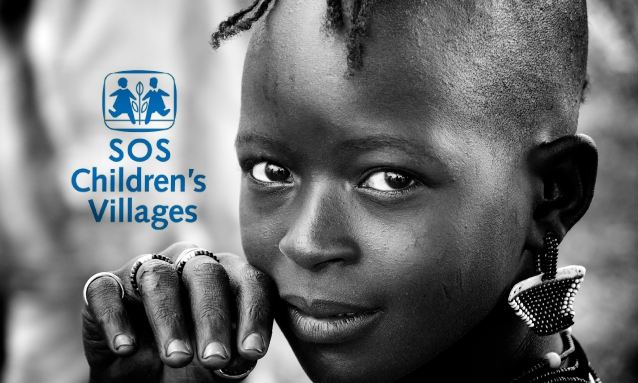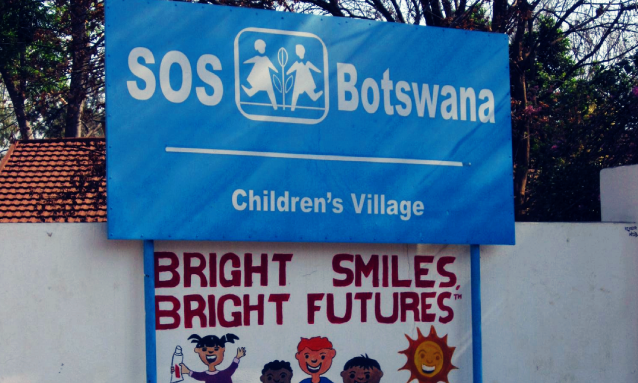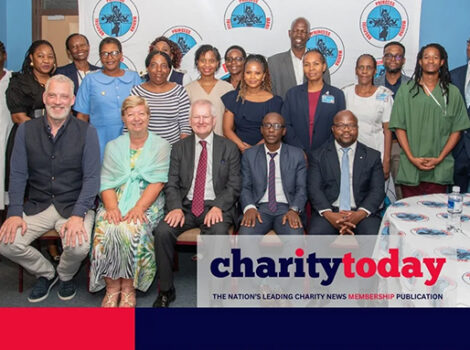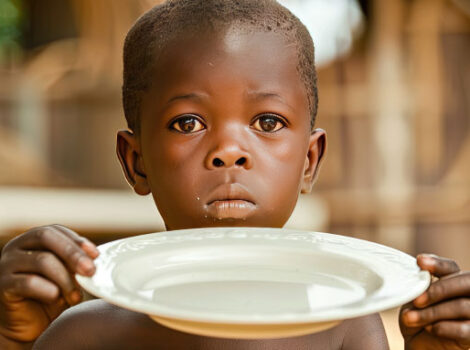
Last week we ran a story painting a bleak outlook for SOS Botswana. This has come about as a result of Botswana being declared a middle-income country and consequently, donors pulling out because they feel Botswana NGOs and charities ought to be able to fare well without the help. This will no doubt impact negatively on charities and their end users, who desperately need all the help they can get.
It is against the background of this impending doom that we decided to run a profile piece on the SOS, which has and continues to do the stellar job of caring for orphans of Botswana as well as neglected children and in some cases, families who have fallen on hard times, among others.
The SOS Children’s Village Association of Botswana was founded in 1980, 14 years after the country’s independence. Against the background of a rapidly increasing number of AIDS orphans, the work of SOS Children’s Villages became particularly important in Botswana.
Poverty and inequality remain high in spite of Botswana’s economic uptrend
Botswana is characterised by a fairly large middle-class-population, compared to most other African states. At 8.9 percent of the GDP, the Botswana government is also spending more on education than most other countries in the region. In spite of Botswana’s impressive macroeconomic growth, rates of poverty and inequality remain persistently high. 23 percent of Botswana’s population still has to eke out a living on less than 1.25 US dollars a day.
Issues of undernourishment are a stark contrast to Botswana’s economic uptrend as 26 percent of the people in Botswana struggle to cover the daily minimum calorie requirements. Access to decent sanitation facilities is generally good in urban areas but remains inadequate in some rural parts of the country.
HIV/AIDS pandemic remains a concern
The HIV/AIDS pandemic that affects Botswana remains the country’s main health concern. At 24.8 percent, the country has one of the highest HIV/AIDS prevalence rates in the entire world. Apart from the immense human suffering that AIDS is causing, the economic impact of the disease in Botswana is also considerable. HIV/AIDS generally hits adults in their most economically productive years.
Due to increased mortality and chronic illness, the labour force in Botswana is constantly reduced, which in turn affects households and individual families. Because of HIV, over the years, life expectancy at birth has dropped noticeably in Botswana and most of Sub-Saharan Africa. Nonetheless, the country is making progress: The government has shown a high level of dedication in terms of fighting HIV. HIV treatment programmes in Botswana are highly advanced and anti-retroviral drugs are readily available.

Children are in need of protection
According to UNICEF estimates, there are around 130,000 orphans living in Botswana.
93,000 of the 130, 000 orphans have been robbed of their parents by AIDS. As their parents become ill, children automatically take on more and more responsibility within the family. When their parents die, many of the children are ultimately forced to head households from a very tender age. The socio-economic vulnerability of child-headed households is high. They often have to work in order to earn an income, making it nearly impossible for many of them to attend school.
16,000 Botswana children aged 0-14 are living with HIV
This is where the vicious circle starts: education is the key to avoiding the rampant spread of HIV. Without education, young adults are more likely to contract the disease due to a lack of knowledge on how to prevent infection in the first place.
In Botswana, 16,000 children aged 0-14 are living with HIV. Because of the strong social stigma and stereotypes, coming to terms with their HIV status is sometimes very difficult for the young population in Botswana. Nevertheless, there have been substantial improvements in the field of public health; both the country’s infant mortality rate and its under-five-mortality-rate have dropped noticeably over the past 12 years. The mortality rate per 1,000 births has more than halved from 89 in 2003 to 40 in 2011.
Since 2008, SOS Children’s Villages has been strengthening family ties and enabling children who are at risk of losing parental care to grow up in a caring family environment.
Children whose families cannot take care of them can find a loving home in one of the SOS families in Francistown, Serowe and Tlokweng.
In the face of the high unemployment rate, young people struggle to become independent. The SOS has designed Youth Programmes through which it helps them gain further training and supports them while they look for work.
The SOS runs kindergartens in Francistown and Serowe, which benefit over 200 vulnerable children.
What else does SOS Botswana do?
When children can no longer live with their families for whatever reason, the SOS works with communities and state partners to provide them with loving and supportive alternative care, in a bid to prevent family breakdown and ensure that children’s rights are met.
Protection of children
The SOS holds the stance that children have a right to protection and safety. SOS Children’s Villages does not tolerate any form of child abuse, exploitation, neglect or violation of a child’s privacy. It’s committed to creating and maintaining a caring and protective environment for every child it reaches through its programmes.
Advocate for children’s rights
The organisation stands up for children and helps inform communities and decision-makers about children’s rights. It encourages children to actively take part in the decision-making processes that affect their lives and speak up for themselves.
Teach and train
The SOS asserts that quality education and training is the key to a successful future. It helps ensure that children’s fundamental right to education is met, from early childhood through vocational training or university and that young people are prepared to live independent lives.
I think it’s fairly easy to see that SOS Botswana does very good work for Botswana’s vulnerable children. It would be a crying shame if it ever had to wind down its operations due to financial constraints. We can only hope that this never comes to pass and that SOS Botswana is able to continue helping Botswana’s children.
To learn more, http://www.sos.org.bw



